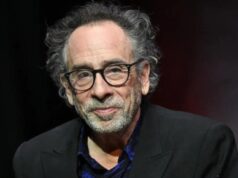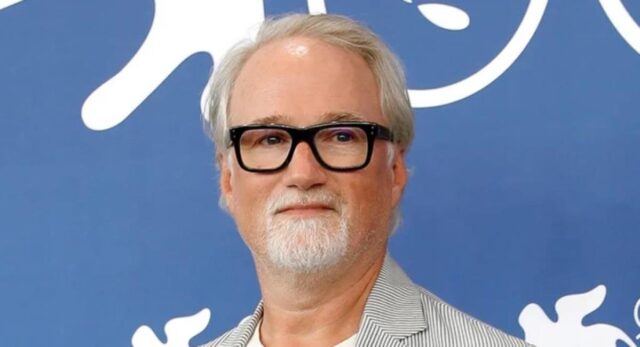
David Fincher is an American Film director born on August 28, 1962. He’s known for making movies that mess with your mind, like Seven and Fight Club. His films have made a ton of money, over $2.1 billion worldwide! Plus, he’s won loads of awards, including three Oscar nominations for Best Director.
Back in 1986, Fincher helped start a production company called Propaganda Films. He directed a bunch of music videos there like Madonna’s Express Yourself and Vogue, which won him MTV Video Music Awards. He even won two Grammys for directing music videos for the Rolling Stones and Justin Timberlake.
His first big movie was Alien 3 in 1992, but he hit it big with Seven in 1995. After that, he directed lots of other cool movies like Fight Club and Gone Girl. He’s been nominated for Oscars several times for movies like The Social Network and Mank.
Fincher’s also a big deal on TV. He worked on Netflix shows like House of Cards and Mindhunter as a director and producer, winning an Emmy for directing the first episode of House of Cards. He’s also behind the Netflix animated series Love, Death & Robots, which has won three Emmys.
| Full Name | David Andrew Leo Fincher |
| Date of Birth | August 28, 1962 |
| Place of Birth | Denver, Colorado, USA |
| Occupation | Film Director |
| Height | 6 ft (1.84 m) |
| Spouse | Ceán Chaffin (m. 1996) Donya Fiorentino (m. 1990–1995) |
| Children | Phelix Imogen Fincher |
| Net Worth | $100 million |
David Fincher’s Early Life and Education
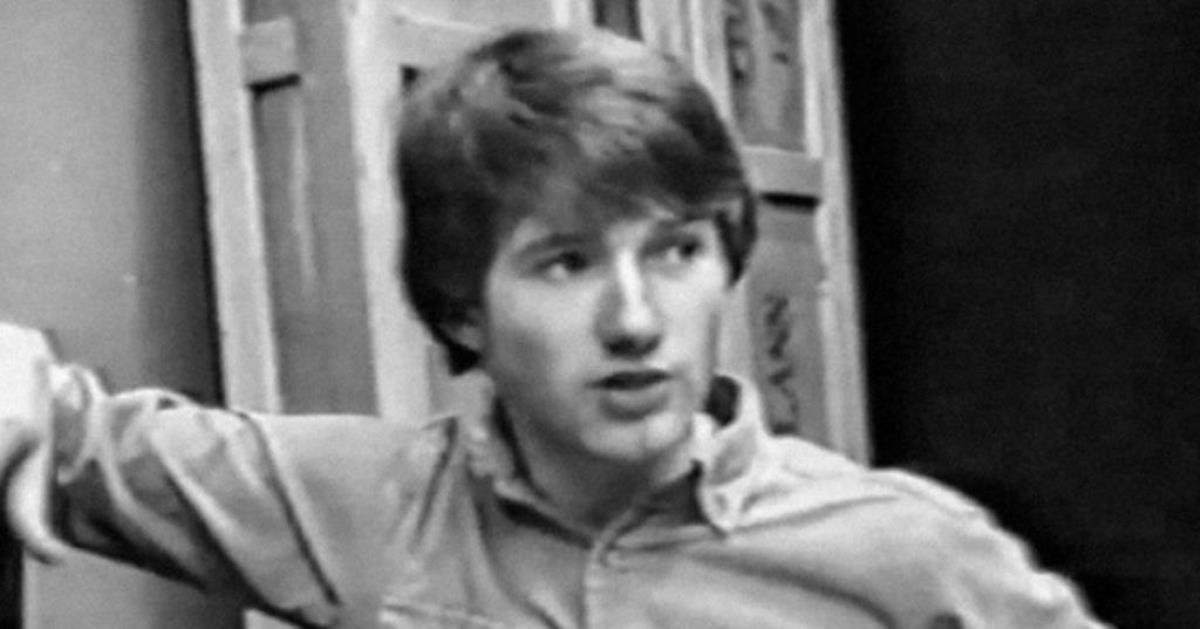
David Andrew Leo Fincher was born in Denver on August 28, 1962. His mom, Claire Mae worked as a mental health nurse, helping people with drug problems. His dad, Howard Kelly “Jack” Fincher was a writer and journalist. When Fincher was two, his family moved to San Anselmo, California. George Lucas, the famous filmmaker, was one of their neighbors.
Fincher got interested in making movies when he was just eight years old. He saw a documentary about how movies were made and was amazed. He never knew it took so long to make a movie. It showed him that movies were like magic tricks with lots of work behind the scenes to make them look real.
As a teenager, David Fincher moved to Ashland, Oregon, where he went to high school. After school, he directed plays and helped with the lights and sets. He also worked at a theater and a news station to support himself. He did all sorts of jobs like washing dishes and cooking fries.
David Fincher Career
From Special Effects to Iconic Directing
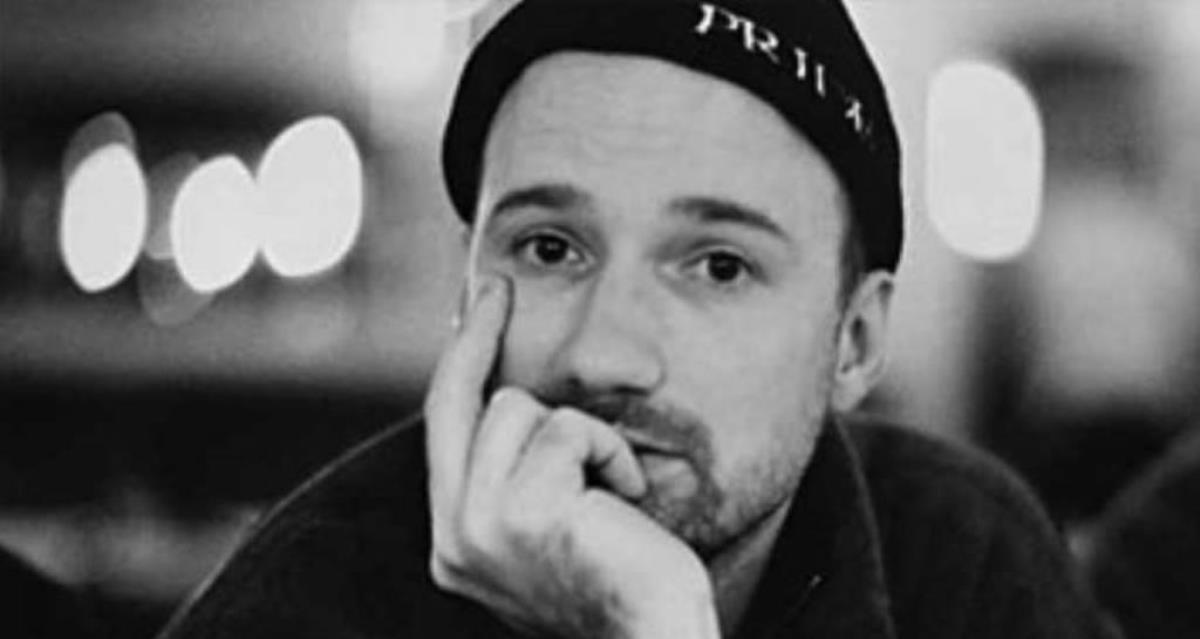
In his early days in the movie biz, David Fincher started at John Korty’s studio and then moved on to work on cool stuff like special effects for movies. He did stuff like working on a movie called Twice Upon a Time with George Lucas. Then he got a job at Industrial Light & Magic where he helped out with movies like Return of the Jedi and Indiana Jones and the Temple of Doom.
But Fincher didn’t stop there. He made a commercial about a fetus smoking for the American Cancer Society that got a lot of attention. After that, he got to direct a documentary for Rick Springfield in 1985. From then on, he was all about directing. He even started his own production company called Propaganda Films, where he trained a bunch of other famous directors.
Fincher didn’t just stick to movies though. He also directed commercials and music videos for big companies like Levi’s, Nike, and Coca-Cola. He made some famous music videos too, like George Michael’s Freedom! ’90 and Madonna’s Vogue. He directed over 50 music videos between 1984 and 1993, which he says was like his own personal film school where he learned how to be efficient with money and time.
From Alien 3 Turmoil to Cult Classic with Fight Club
In 1990, 20th Century Fox hired David Fincher to direct the movie Alien 3. It was his first time directing a film. The movie was part of the Alien series and starred Sigourney Weaver. When it came out in May 1992, it got mixed reviews from critics. Some people liked it, but others thought it wasn’t as good as the earlier movies. Making the movie was tough because the studio kept getting involved and changing things. Despite the difficulties, the movie was nominated for an Academy Award for its special effects. But David Fincher wasn’t happy with how it turned out. He blamed the producers for not trusting him.
After Alien 3, David Fincher took a break from movies for a bit. He made commercials and music videos instead. One of the videos he directed won a Grammy Award. But soon, he wanted to get back into making movies. He read a script for a movie called Seven and liked it. The movie, starring Brad Pitt and Morgan Freeman, was a hit. Critics praised it for its dark and intense story.
After Seven, Fincher made another movie called The Game, starring Michael Douglas. It was about a man who gets caught up in a strange game that blurs reality. Critics liked the movie’s visuals but thought the ending could have been better. Even though it didn’t do great at the box office, it was later praised and added to the Criterion Collection.
In 1997, Fincher agreed to direct Fight Club, based on a book by Chuck Palahniuk. The movie, starring Brad Pitt and Edward Norton was about a guy who started a secret fight club as a way to deal with his problems. When it came out in 1999, it didn’t make a lot of money, and some people didn’t like it because of its violence. But over time, it became a cult favorite and was praised for its deep themes.
In 1999, David Fincher was considered to direct the movie Spider-Man, but his idea for the movie was rejected. He wanted to make a more mature version of Spider-Man, focusing on his adult life as a photographer and vigilante. But the studio didn’t like his idea, so they picked someone else to direct the movie.
From ‘Panic Room’ Success to ‘The Social Network’ Triumph
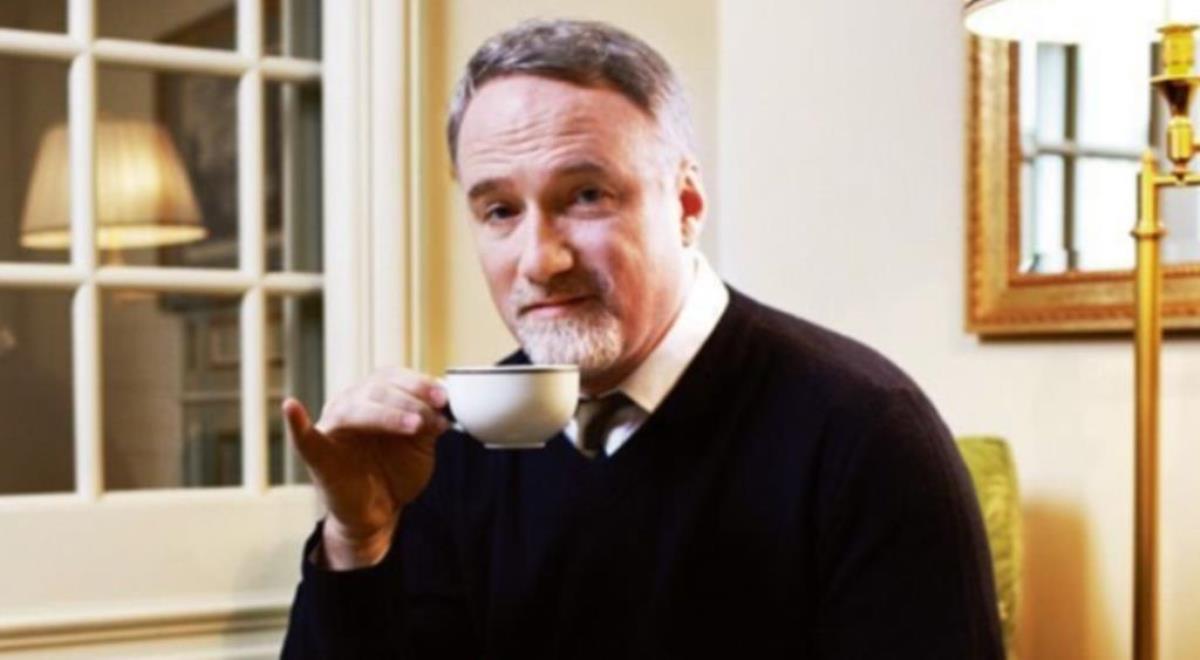
In 2001, David Fincher was part of making a series of short films called The Hire. These films were made to show off BMW cars and were put on the internet. The next year, Fincher made a movie called Panic Room. It’s about a mom and her daughter who hide from burglars in a safe room. The movie had Jodie Foster, Forest Whitaker, Kristen Stewart, Dwight Yoakam, and Jared Leto in it. It came out in 2002 after a short delay and did well with both critics and audiences.
In the US, Panic Room made $96.4 million, and it made another $100 million in other countries, making a total of $196.4 million worldwide. A critic from the San Francisco Chronicle said the movie was exciting and praised Jodie Foster’s acting. Fincher himself said Panic Room was just meant to be a fun movie about survival, without any deep meanings.
Five years later, in 2007, David Fincher made another thriller called Zodiac. It’s based on books about the real-life Zodiac killer who scared people in the late 1960s and early 1970s. Fincher got interested in the story because when he was a kid, there were rumors about the killer threatening schoolchildren. He researched a lot for the movie and had actors like Jake Gyllenhaal, Mark Ruffalo, and Robert Downey Jr. in it. Zodiac was shot digitally, which was new for Fincher, and although it didn’t do great in the US, it did better in other countries.
In 2008, Fincher wanted to make a movie out of a sci-fi book called Rendezvous with Rama, but it didn’t work out. Instead, he made The Curious Case of Benjamin Button, based on a story about a man who ages backward. The movie starred Brad Pitt and Cate Blanchett and had a big budget because of all the special effects. It did well at the box office and got lots of Oscar nominations.
In 2010, Fincher directed The Social Network a movie about the founder of Facebook, Mark Zuckerberg. The script was written by Aaron Sorkin and it starred Jesse Eisenberg as Zuckerberg. It made a lot of money and won several awards, including Oscars for its music and screenplay, and Golden Globes for best movie and director. Critics loved the movie’s writing and found it interesting.
From ‘The Social Network’ to ‘Mank’
In 2011, David Fincher, the director of The Social Network, made another movie called The Girl with the Dragon Tattoo. This movie is based on a book by a Swedish author named Stieg Larsson. It’s a thriller about a journalist named Mikael Blomkvist and a hacker named Lisbeth Salander investigating a woman’s disappearance.
They spent a lot of time making sure the movie was just right. They filmed most of it in Sweden to keep the same feel as the book. The music in the movie was intense and got a lot of praise. When the movie came out, critics mostly liked it. It even got nominated for five Academy Awards.
After that, David Fincher worked on a TV show called House of Cards and directed a music video for Justin Timberlake and Jay-Z. He also thought about turning a book called Columbine into a movie but decided not to because it was a sensitive topic.
Fincher then signed a deal with HBO to make three TV shows, but there were some money problems, so they didn’t get made right away. Later, one of the shows, Utopia, was picked up by Amazon.
In 2014, Fincher directed Gone Girl, based on a book by Gillian Flynn. It made a lot of money and got great reviews. He also worked on a series called Mindhunter, which people liked, but it got canceled after two seasons because it was too expensive.
There were plans for Fincher to make a sequel to World War Z, but they fell through. He’s also involved in an animated series called “Love, Death & Robots.”
In 2019, David Fincher directed a movie called Mank, about a famous screenwriter. It got a lot of Oscar nominations and won two awards.
He’s been busy with other projects too, like being an executive producer on different shows and directing episodes of Love, Death & Robots. He’s also working on turning a graphic novel called The Killer into a movie.
Filmmaking style and techniques
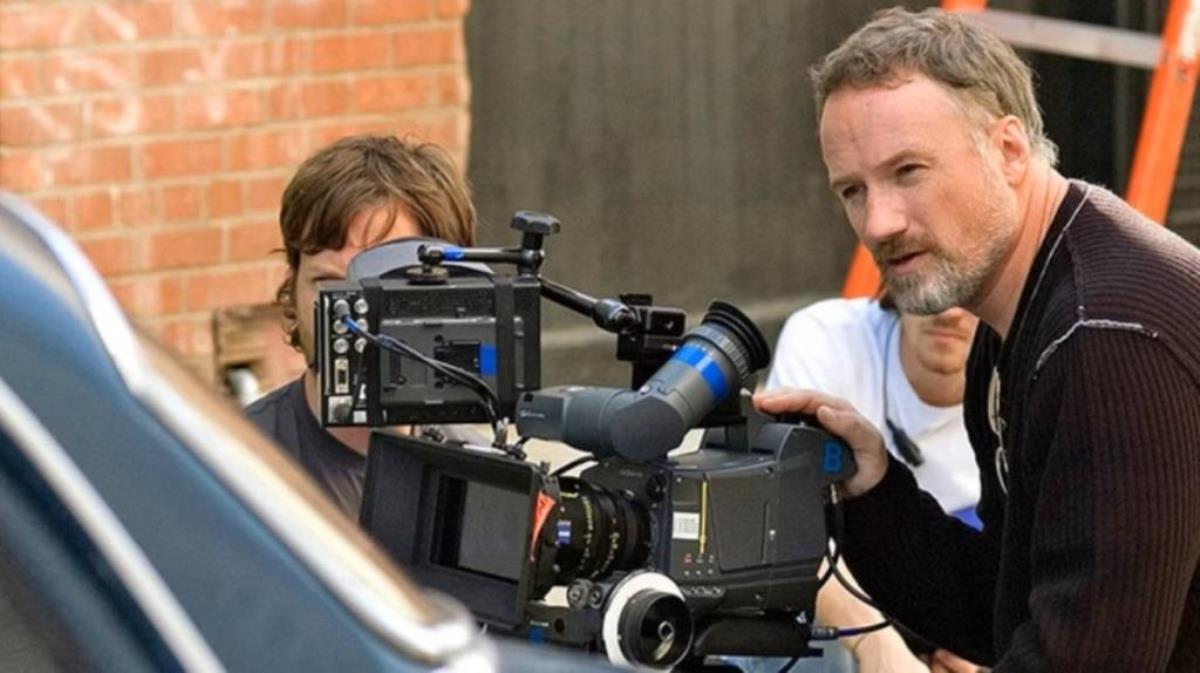
A Journey from Hitchcock to Kubrick
David Fincher didn’t go to film school. He looks up to other filmmakers like George Roy Hill, Alfred Hitchcock, Stanley Kubrick, Alan J. Pakula, Ridley Scott, and Martin Scorsese. His favorite movies are Rear Window, Lawrence of Arabia, The Graduate, Paper Moon, American Graffiti, Jaws, All the President’s Men, Taxi Driver, Close Encounters of the Third Kind, and Zelig. He thinks his movie Panic Room is like a mix of Rear Window and Straw Dogs.
For Seven, Fincher and cinematographer Darius Khondji got ideas from The French Connection and Klute, and also from photographer Robert Frank. He likes how graphic designer Saul Bass did title sequences for movies by Hitchcock and Kubrick, and he gets inspiration from that for his films.
Obsessive Quest for Cinematic Perfection
David Fincher is famous for his super-detailed approach to making movies. He’s a big fan of doing a ton of research and planning before he even starts filming. But each movie is different for him. He says he loves getting a script that paints a clear picture in his mind. Then, he digs into casting, rehearsals, and lots of meetings to figure out exactly what the movie should look like.
People who’ve worked with him say he’s a bit of a control freak. He likes to be in charge of every little thing when making a movie. His longtime producer buddy, Sigurjón Sighvatsson, says Fincher’s always been a bit rebellious, always questioning how things are normally done.
Fincher is known for being a perfectionist. When he’s picking actors, he goes deep. His colleague Max Daly says Fincher’s amazing at catching even the smallest details others miss. Producer Laura Ziskin thinks he’s super smart, like, smarter than everyone else in the room.
When it comes to editing, David Fincher’s all about precision. His editing partner, Angus Wall, says working on a Fincher film is like assembling a super intricate watch—every piece fits perfectly. Wall says Fincher never settles for anything less than perfect.
Actors who’ve worked with Fincher know they’re in for a challenge. He’s notorious for doing a crazy number of takes to get a scene just right. Like, the actors in Zodiac had to do more than 70 takes for some scenes. And Rooney Mara had to do a whopping 99 takes for one scene in The Social Network. Fincher says he hates when performances feel too forced, so he keeps going until it feels natural.
Fincher’s picky about how he shoots his movies too. He likes using fancy Red digital cameras and prefers natural lighting instead of setting up big lighting rigs. And forget about shaky handheld shots—he’s all about those steady tripod shots. He’s even played around with camera tricks, like making it seem like someone’s watching from afar in Panic Room.
How Camera Movements Bring Characters to Life

David Fincher has a unique way of using camera movements like tilting, panning, and tracking to match the actions and emotions of his characters. This means when a character moves or shows feelings, the camera moves in sync with them. It’s like a dance between the actors and the camera operators. This technique helps us feel closer to the characters and understand what they’re going through.
Some people think of Fincher as a director who has his style, but he doesn’t like that label. A lot of his work is inspired by old detective movies and newer versions of those, called film noir and neo-noir. He also likes to use specific colors, like blue, green, and yellow, to set the mood of the scene. For example, in The Girl with the Dragon Tattoo, he makes some scenes look less colorful to match the mood of the story or the characters’ feelings.
In his TV show Mindhunter, the colors are kind of faded green-yellow to give it a certain old-fashioned vibe. He gets this effect not just from lighting, but also from the way things are designed, the clothes people wear, and where they film.
David Fincher’s movies often talk about big ideas like sacrifice, feeling disconnected from society, and how technology can change us. His characters are usually not perfect; they have problems and feel alone. In movies like Seven, Zodiac, and The Social Network, you see characters who get obsessed with something and it ends up hurting them. They’re not always in control of what they do, sometimes they’re driven by dark thoughts inside them.
When David Fincher talks about why he’s interested in dark stuff, he says he remembers there was always a mysterious house in his neighborhood when he was a kid. Everyone wondered what was going on inside. He thinks part of what makes things interesting is when something seems normal on the outside but there’s something bad hiding underneath.
He’s even said he thinks people are naturally curious about things that might be considered weird or wrong. That idea has been a big part of his movies.
Collaborative Genius: Building Blocks of a Film Empire
David Fincher has a tight-knit crew. He’s worked with a bunch of people more than once. For example, he did a lot with Brad Pitt. He thinks Brad is pretty cool, both on and off camera. Other actors like Bob Stephenson, Michael Massee, and Rooney Mara have been in a couple of his movies too.
The music in his movies is important. For Fight Club, he got the Dust Brothers, who hadn’t done a movie score before. They said Fincher let them do their thing, just asking them to make it as good as the music in The Graduate. Trent Reznor and Atticus Ross from Nine Inch Nails did music for a bunch of his movies. They said working with Fincher is cool but not easy.
Darius Khondji and Jeff Cronenweth are his go-to camera guys. Khondji said Fincher pushed him to try new stuff. Ren Klyce does sound for all of Fincher’s movies since ’95, and Fincher trusts him a lot. Angus Wall edits his films and they’ve been working together since the ’80s.
Donald Graham Burt does set design for Fincher, and Bob Wagner helps out as an assistant director. Laray Mayfield helps with casting, and Fincher thinks it’s important to respect everyone you work with, even if you don’t always get along. He believes it adds to the creative process.
Personal life
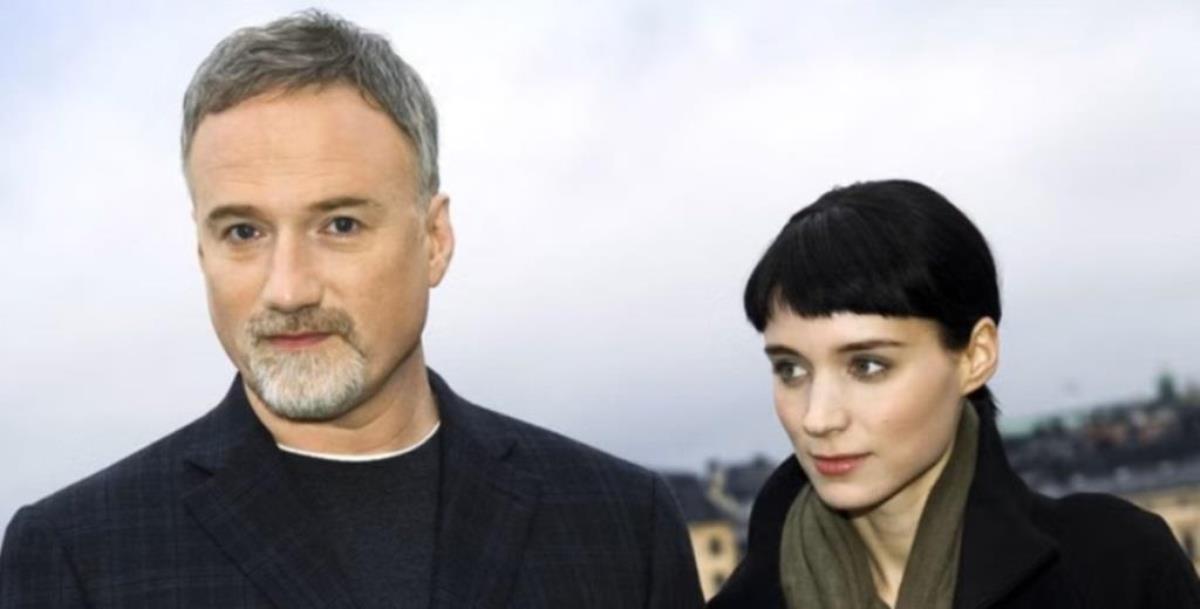
David Fincher, the famous director, first tied the knot with model Donya Fiorentino, who happens to be the sister of actress Linda Fiorentino. They had a daughter named Phelix Imogen in 1994, but unfortunately, they split up in 1995. However, Fincher found love again and married producer Ceán Chaffin the following year in 1996.
Awards
Tim Walker from The Independent liked David Fincher’s work. He said Fincher is good at showing what’s going on in people’s minds nowadays, better than most other filmmakers. The Guardian, a newspaper, ranked Fincher as one of the best directors twice, once in 2003 and again in 2012. They said he’s great at keeping the mood and excitement going in his movies. Two of his films, Zodiac and The Social Network, were even listed in the BBC’s top 100 movies of the 21st century.
Fincher was nominated three times for an Academy Award for Best Director, for The Curious Case of Benjamin Button, The Social Network, and Mank. He won both a BAFTA Award and a Golden Globe Award for The Social Network. He’s also won two Grammy Awards for making music videos for The Rolling Stones and Justin Timberlake with Jay-Z. And he’s got four Primetime Emmy Awards for directing the show House of Cards and for a show called Love, Death & Robots.
Net Worth
David Fincher’s Net Worth is estimated to be $100 Million as of 2024, according to Celebrity Net Worth.

